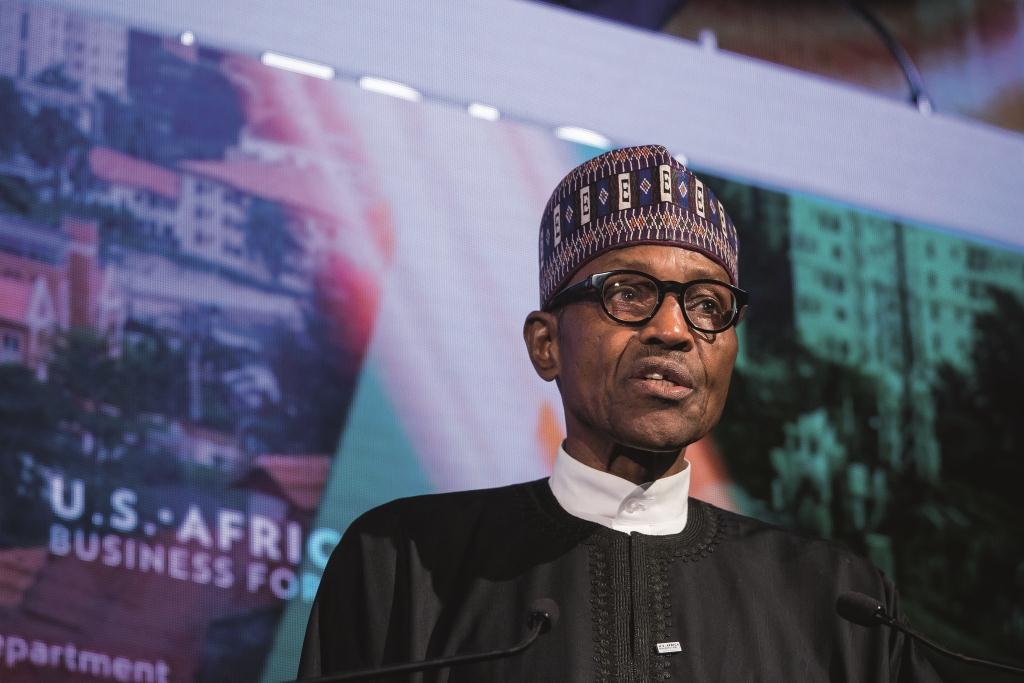As Nigeria continues to grapple with its worst recession, two pressing concerns revolve around its struggle to diversify – the state of the local manufacturing industry and the level of government’s commitment towards industrialization.
Nigeria is sub-Saharan Africa’s largest economy which boggles my mind when I consider the abject decline in the real GDP, income, employment, manufacturing, and retail sales.
The Nigerian economy is chiefly governed by oil and natural gas. While the oil sector provides almost 30% of the GDP and accounts for 90% of the total export capacity, the manufacturing sector provides around just 4%.
The sector is undergoing industrial collapse. The Manufacturers Association of Nigeria (MAN) reported that 272 companies shut down in 2016, 50 of those were manufacturing companies. Other reports claim that more than 1,500 of the 2,500 registered manufacturing companies folded up while millions of employees have lost their jobs.
At the forefront of this decline is Nigeria’s reliance on oil and the failure to make hay while the sun was shining. This focus on oil derailed Nigeria’s progress to becoming an industrialized nation. The government’s recklessness is to blame for the industrial failure, such as power problems, infrastructural deficit, economic mismanagement, taxation discrepancies, policy uncertainty, weak investor confidence, restriction of foreign capital inflows, affixation to irrational importation, and, notably, the low income of consumers.
Loading...
As commodity prices plummeted, the manufacturing sector has impressively emerged. Despite challenges, the huge demography and being the largest African market makes Nigeria ripe for investment. The United Nations had projected that Nigeria’s population will rise to 240 million by 2050. Also, Renaissance Capital and Frontier Advisory forecast that the country’s economy will grow to $1 trillion by 2025. These are signals of the potential of industrialization.
All that is needed to harness this potential is the willingness of the government to act. A robust manufacturing sector and a willful program for industrialization are equally crucial for the dream to be realized.
It is, therefore, unsurprising that the present government is jumping on the industrial horse to achieve economic reform that will replace the oil and gas with manufacturing and agriculture.
“My engagements with the organized and informal sectors has been mutually affirmative that we should work harder in partnership and disagree less, grow confidence with greater transparency by government, and accelerate actions rather than words, to build our capacities and secure development,” said Nigeria’s Minister of Industry, Trade and Investment, Okechukwu Enelamah, at the Nigeria & Entrepreneurship Summit & Honors in December.
Since then, however, not much has changed. Private businesses are still hindered by unfavorable laws. To this end, the National Assembly is working on legislative economic reform – with 30 bills, including the Petroleum Industrial Bill, Infrastructure Investment Protection and Regulation Bill, Railway Sector Reform Bill, and Tax and Revenue Law/Bill. If successful, such a revolution would be a shot in the arm for industrialization.
The hopes of entrepreneurs and local manufacturers are also bolstered by the Made in Nigeria campaign, which is receiving encouraging support from top to bottom. President Muhammadu Buhari has reassured Nigerians that his administration is working on enhancing the support of locally made goods as well as improving access to finance for small and medium-sized enterprises across the country.
Despite enduring hardship at the moment, Nigeria can be reassured that greater opportunities lie ahead.
Loading...
